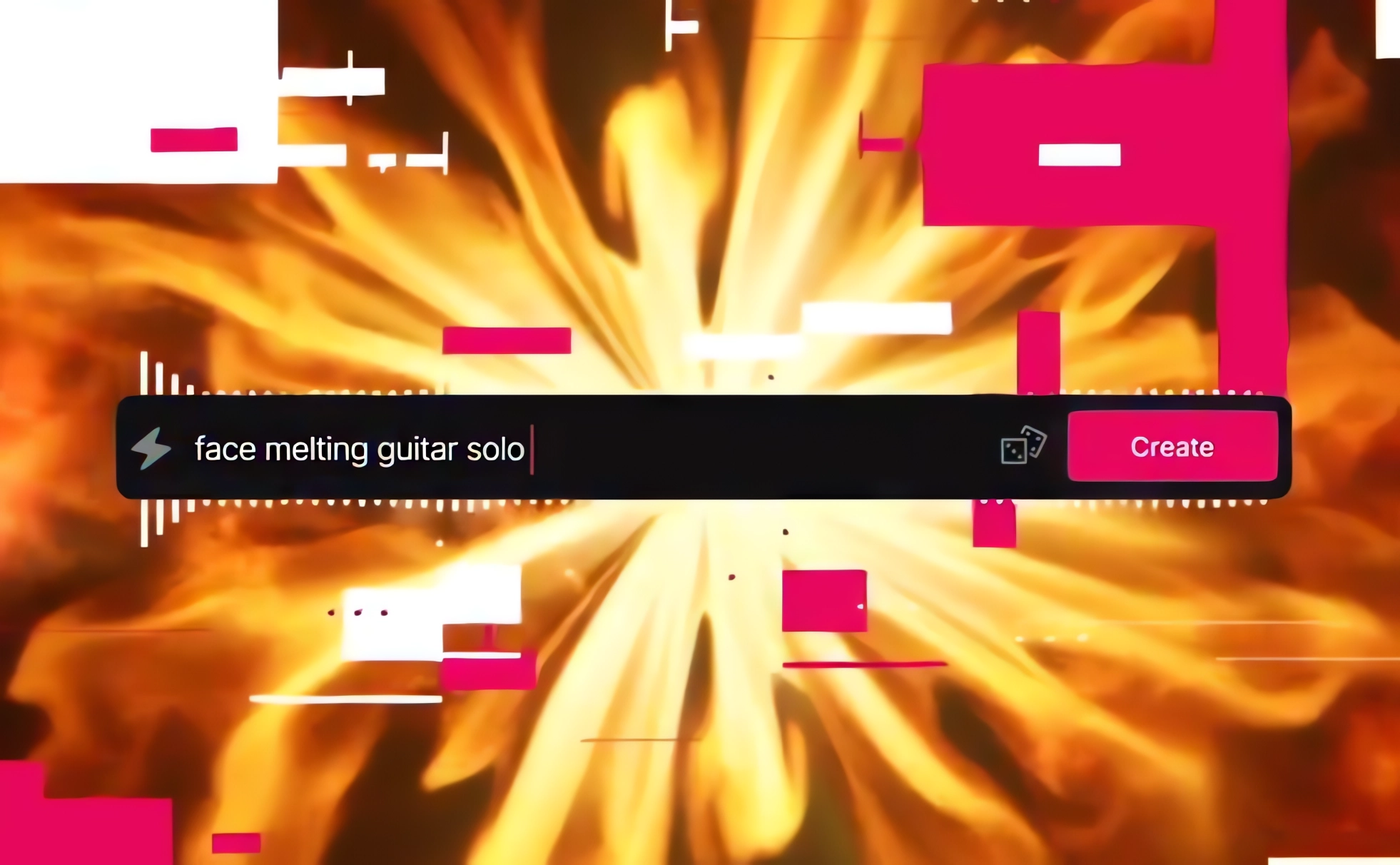Udio v1.5 music generator narrows the gap between human-created and AI-generated music

Key Points
- Udio v1.5 brings significantly improved audio quality with clearer, less mechanical sounding voices and overall warmer 48kHz stereo tracks that are almost indistinguishable from real recordings.
- New features such as downloading tracks in stems, audio-to-audio remixing and key control should simplify the workflow and make Udio interesting for more professional productions.
- Lyric videos can be created with a single click and shared directly on social networks to harness the viral potential of AI-generated songs. Support for other languages such as Mandarin has also been expanded.
US-based startup Udio has released version 1.5 of its AI music generation platform, marking a significant leap towards professional-grade AI-assisted music production.
The new update, which comes just months after the platform's initial launch, offers remarkably human-like vocals and introduces features aimed at both casual users and professional
According to Udio's blog post, the focus of v1.5 is on improved audio quality and new features to streamline user workflow. The company highlights improved clarity, instrument separation and coherence in the 48 kHz stereo tracks produced by the platform.
A comparison between v1 and v1.5 provided by Udio demonstrates the progress. The newer version sounds noticeably warmer, with less artificial and mechanical qualities. It's becoming increasingly difficult to distinguish AI-generated vocals from human performances by ear alone.
This is how v1, released just a few months ago, sounds ... | Video: Udio
... and this is the new v1.5. | Video: Udio
In addition to improving audio quality, Udio has also worked on the user experience. A dedicated creation page now consolidates all relevant creative tools and personal song libraries in one place.
Users can now split completed Udio tracks into four separate stems, giving advanced users more flexibility when remixing or integrating Udio elements into their own productions using professional software.
One of the more inventive new features is the audio-to-audio function, which allows users to upload their own tracks and remix them using Udio's AI technology. There is also a new key control feature that allows users to influence the harmonic direction of their compositions.
Video: Udio
According to the company, Udio v1.5 will offer improved support for various languages to cater to a broader global audience. An example of a song generated in Mandarin showcases Udio's enhanced language capabilities. However, the company has not specified which exact languages are supported.
Video: Udio
AI-generated music already plays a significant role on social media, especially on algorithmically driven networks like TikTok, where it repeatedly demonstrates high potential for viral reach. Udio is capitalizing on this trend by introducing a feature that allows users to create lyric videos with just a few clicks to visually highlight song lyrics. The video can be shared or downloaded directly via social networks and messaging apps.
Since its launch in April, Udio's developers have been regularly releasing major feature updates, with the most recent one in early June. A month earlier, the startup introduced various subscription plans.
Competitor Suno also recently released its version v3.5, which generates audio clips of up to four minutes in length or extends existing ones, among other things.
Udio v1.5 further narrows the quality gap between synthetic and human-made music production. The consequences for the music industry remain to be seen. According to Udio investor Will.i.am, it could lead to more authenticity and creativity.
Music industry heavyweights like Sony Music disagree, at least as long as these models are trained on their data without licensing. Like the text and art industries, AI music generators are waiting for a "fair use" ruling.
AI News Without the Hype – Curated by Humans
As a THE DECODER subscriber, you get ad-free reading, our weekly AI newsletter, the exclusive "AI Radar" Frontier Report 6× per year, access to comments, and our complete archive.
Subscribe now